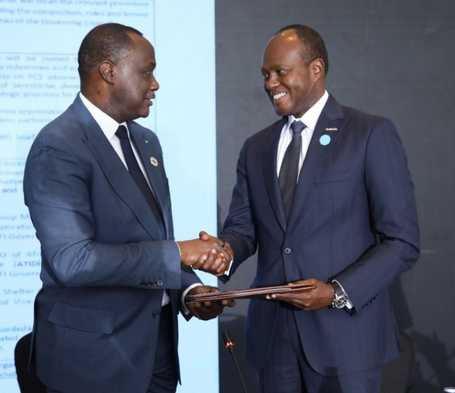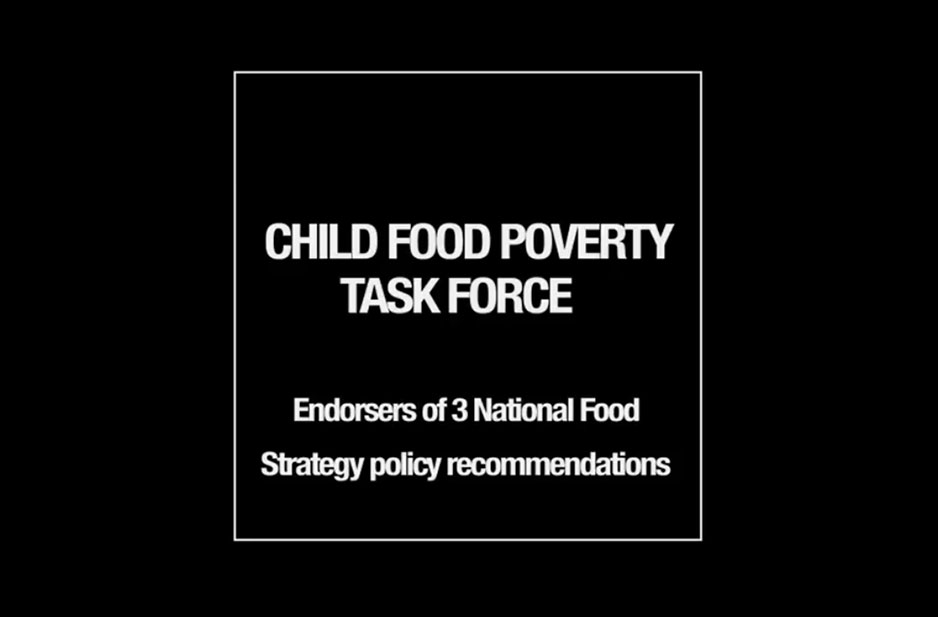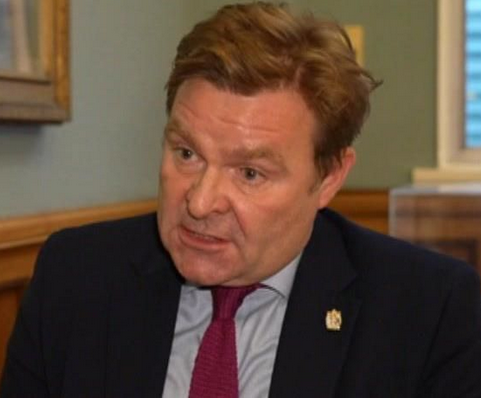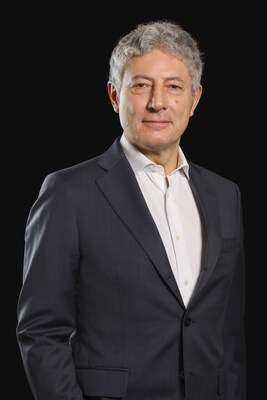England striker Marcus Rashford has formed a taskforce with some of the UK's biggest food brands to try to help reduce child food poverty.
The 22-year-old Manchester United forward successfully campaigned to extend free school meals this summer. He has written to MPs, outlining the help he feels some families still need.
They include expanding the numbers who are eligible for free school meals - and offer them free food and activities during school holidays in England.
He has spoken about his own experiences of using a food voucher scheme as a child and was praised for pressing the government into a U-turn on the issue.
The group of supermarkets, businesses and charities - including Aldi, Asda, Co-op, Deliveroo, FareShare, Food Foundation, Iceland, Kellogg's, Lidl, Sainsbury's, Tesco and Waitrose - have formed a taskforce and backed proposals from the National Food Strategy, an independent review of UK food policy.
The taskforce is calling for three policy recommendations by the National Food Strategy to be funded by the government as soon as possible:
Expanding free school meals to every child from a household on Universal Credit or equivalent, reaching an additional 1.5m children aged seven to 16
Expanding an existing school holiday food and activities programme to support all children on free school meals in all areas of England. instead of the current 50,000 children that are helped
Increasing the value of the Healthy Start vouchers - which help parents with children under the age of four and pregnant women buy some basic foods - from £3.10 to £4.25 per week, and expanding it to all those on Universal Credit or equivalent, reaching an additional 290,000 people
The taskforce says implementing the three recommendations would mark a "unifying step to identifying a long-term solution to child poverty in the UK".
Rashford said he was "confident" the group could help change lives "for the better" and said that the move to extend free school meals over the summer had been a "short-term solution" to stopping children from going hungry, but it "wasn't going to work in the long run".
"We had to think about the best way to do it, to think about how these families can eat long term and not have any issues," he said.
He is hoping that, with a bigger team of experts around him, he might be able to help more children.
"We wanted to do it the best way we could, introduce the best people into our group, and see if using them [we] can push it even more."

















